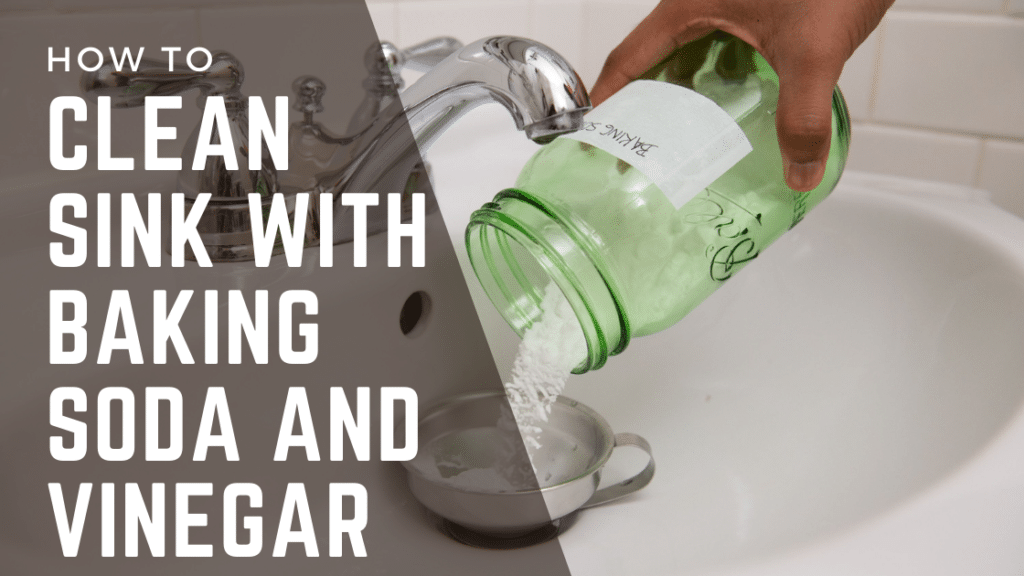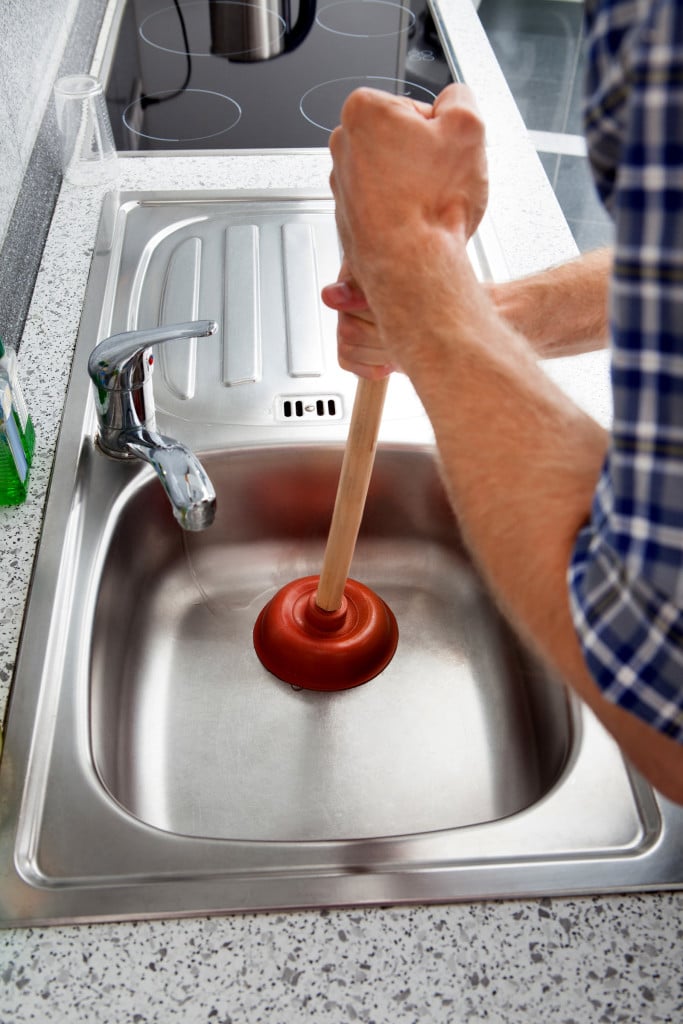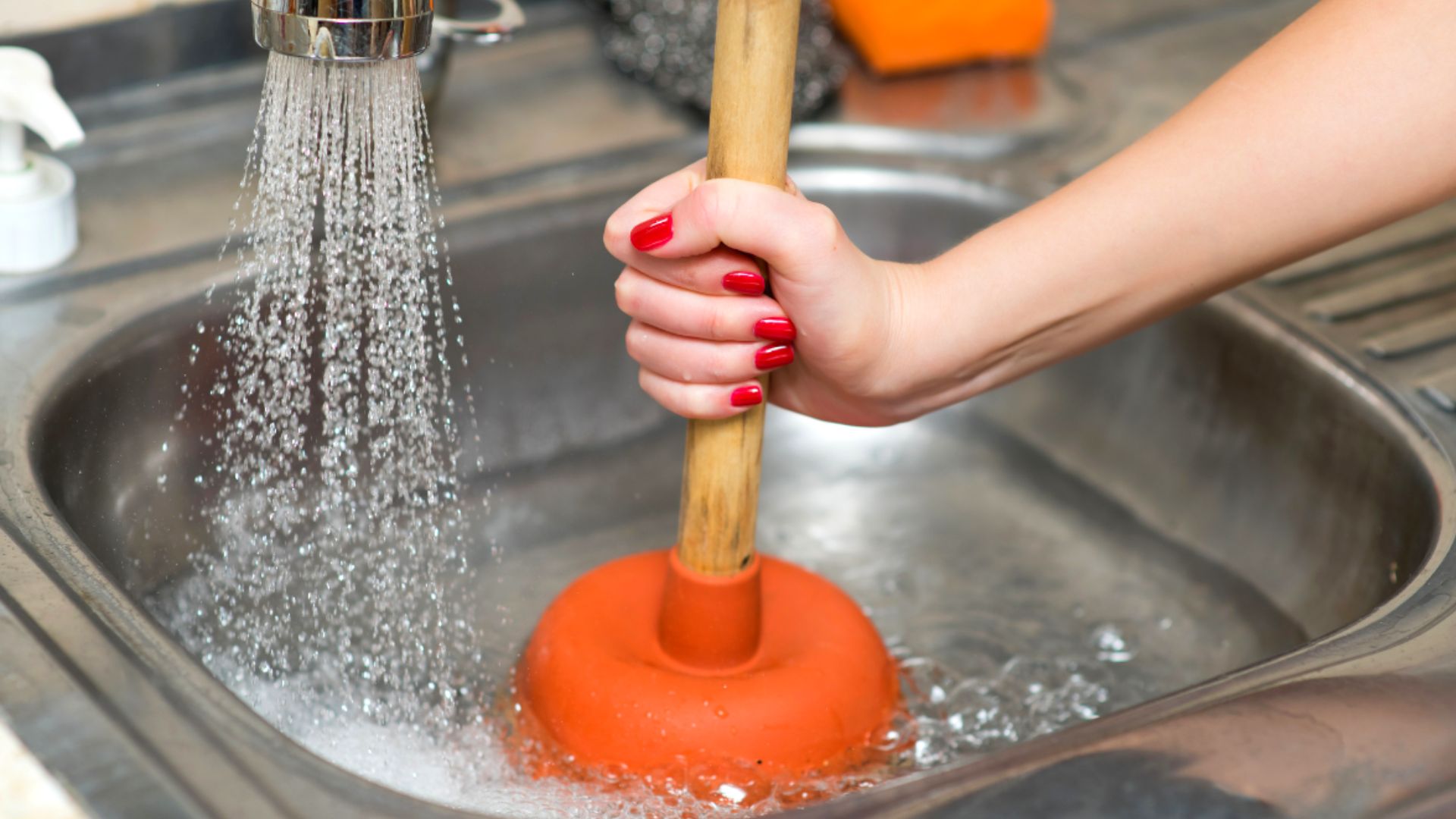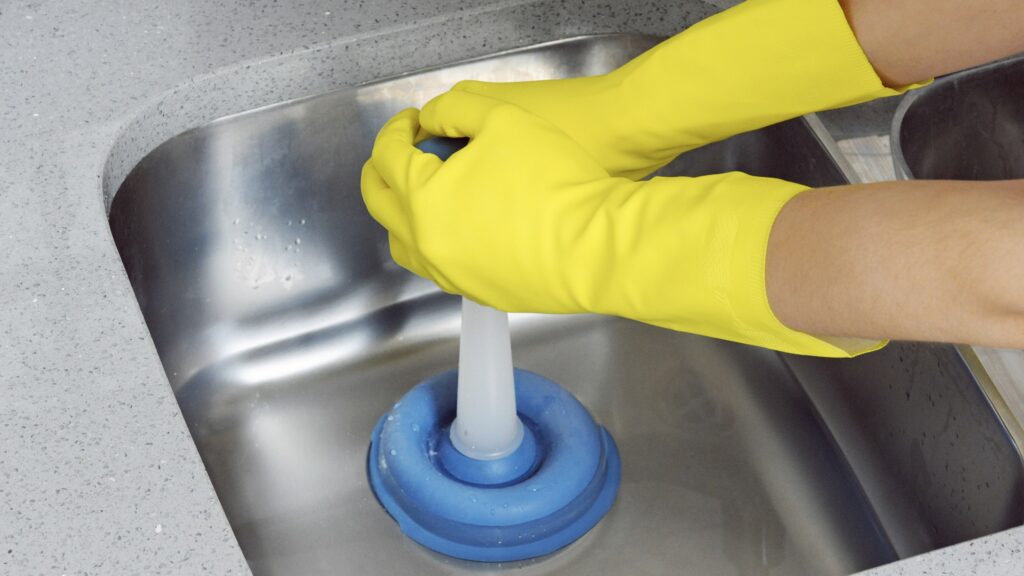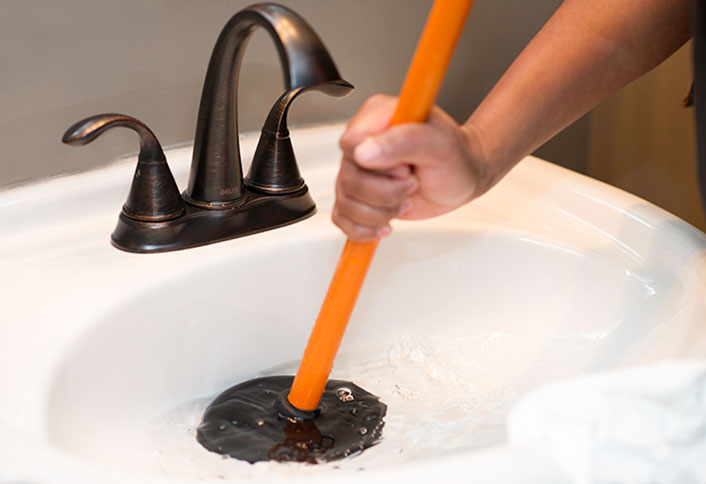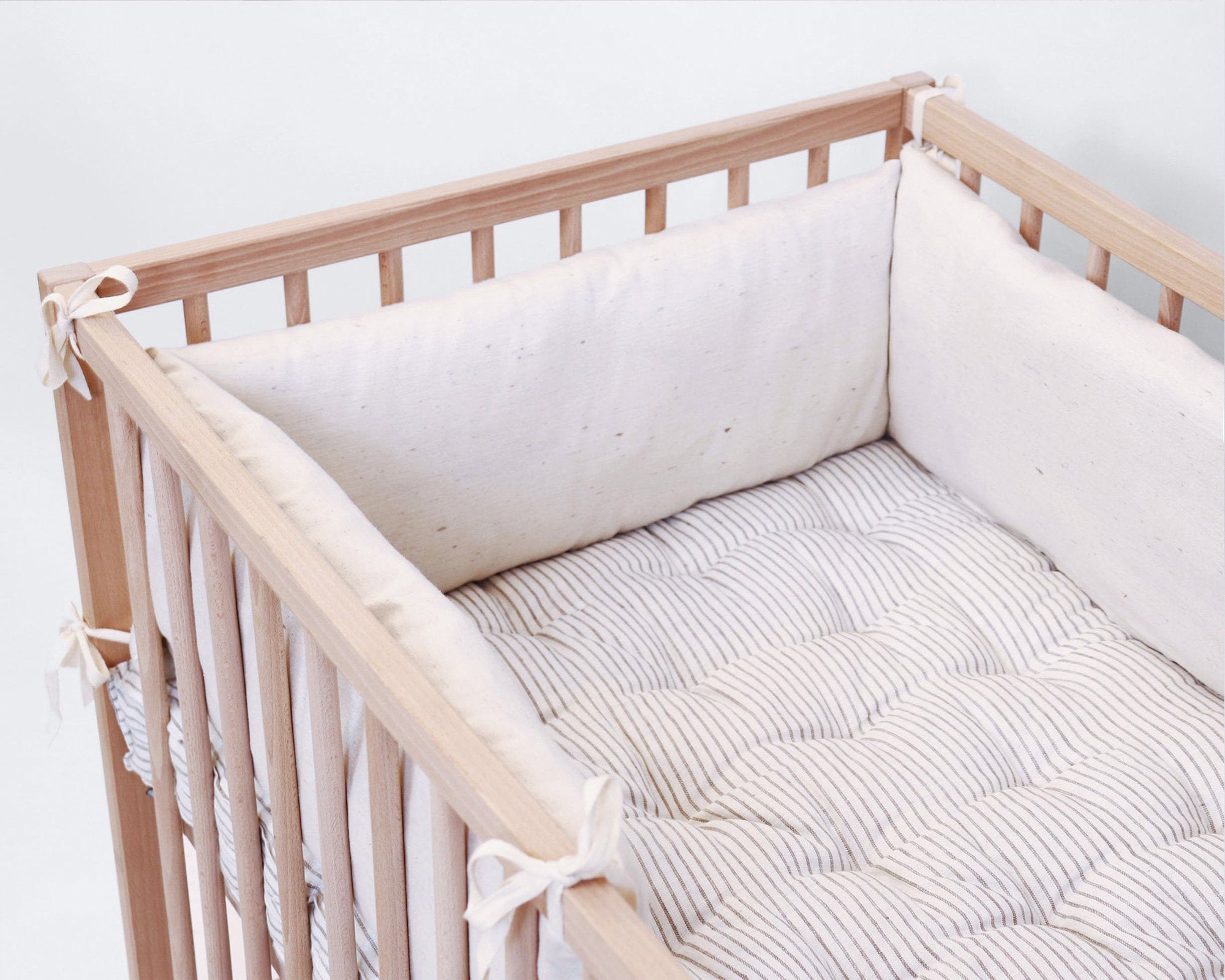How to Unclog a Kitchen Sink
A clogged kitchen sink can be a major inconvenience and can disrupt your daily routine. It can be caused by a buildup of food debris, grease, or other foreign objects in the drain. If you notice that the water is draining slowly or not at all, it's time to unclog your kitchen sink. Here are some easy steps to follow to get your sink back to its normal function.
How to Fix a Clogged Kitchen Sink
Before attempting to fix a clogged kitchen sink, you should gather all the necessary tools and materials. You will need a plunger, a bucket, a pair of gloves, a screwdriver, and a drain snake. These are essential items that will help you unclog your sink effectively.
Kitchen Sink Clog Solutions
There are various solutions you can try to unclog your kitchen sink. One of the most common and effective methods is using a plunger. Place the plunger over the drain and pump up and down vigorously until the clog is dislodged. You can also use a drain snake to remove any debris stuck in the drain.
DIY Kitchen Sink Drain Cleaning
If you prefer natural and chemical-free solutions, you can try some DIY methods to clean your kitchen sink drain. One popular method is using a mixture of baking soda and vinegar. Simply pour half a cup of baking soda down the drain, followed by half a cup of vinegar. Let it sit for a few minutes, then pour hot water down the drain to flush out the clog.
Clearing a Blocked Kitchen Sink
If the above methods do not work, you may have a more serious clog that requires professional help. A blocked kitchen sink can be caused by a pipe blockage or a broken pipe, which can be challenging to fix on your own. In this case, it's best to call a plumber to clear the blockage and repair any damaged pipes.
Kitchen Sink Drain Maintenance
Prevention is always better than cure, and the same goes for your kitchen sink drain. Regular maintenance can help prevent clogs and keep your sink in good working condition. Avoid pouring grease, oil, and large food particles down the drain. You can also use a drain cover to catch any debris and clean it regularly.
Preventing a Clogged Kitchen Sink
To prevent a clogged kitchen sink, it's essential to be mindful of what goes down the drain. Avoid pouring oil, grease, and food scraps down the drain. Also, make sure to scrape off any excess food from plates before washing them in the sink. These simple habits can go a long way in keeping your sink free from clogs.
Kitchen Sink Clog Removal Tips
If you notice your kitchen sink is draining slowly, it's essential to act quickly to prevent a complete clog. You can try using a plunger or a drain snake to remove the clog. Another useful tip is to pour boiling water down the drain regularly to dissolve any buildup and keep the pipes clear.
Unclogging a Kitchen Sink with Baking Soda and Vinegar
If you prefer a chemical-free method, you can try using baking soda and vinegar to unclog your kitchen sink. This natural solution is safe for pipes and can be an effective way to remove minor clogs. Remember to follow up with hot water to flush out the debris and keep your sink smelling fresh.
Using a Plunger to Clear a Clogged Kitchen Sink
A plunger is a handy tool that can be used to clear a clogged kitchen sink. Make sure you have a proper seal between the plunger and the drain, and pump up and down vigorously to create pressure that will dislodge the clog. It may take a few attempts, but this method is often successful in removing clogs.
In conclusion, a clogged kitchen sink can be a frustrating problem, but with the right tools and methods, it can be easily fixed. Remember to regularly maintain your sink to prevent clogs, and if the clog is severe, it's best to seek professional help. With these tips, your kitchen sink will be back to its normal function in no time.
Why a Clogged Kitchen Sink is a Common Problem in House Design

The Importance of Proper Kitchen Design
 When it comes to designing a house, the kitchen is often considered the heart of the home. It is where families gather to cook and share meals, where friends congregate during parties, and where memories are made. However, a poorly designed kitchen can quickly turn into a nightmare, especially when it comes to plumbing issues like a clogged kitchen sink. Not only does it disrupt the daily routine of cooking and cleaning, but it can also lead to costly repairs and potential health hazards. In this article, we will discuss the common causes of a clogged kitchen sink and how to prevent it from happening in the first place.
When it comes to designing a house, the kitchen is often considered the heart of the home. It is where families gather to cook and share meals, where friends congregate during parties, and where memories are made. However, a poorly designed kitchen can quickly turn into a nightmare, especially when it comes to plumbing issues like a clogged kitchen sink. Not only does it disrupt the daily routine of cooking and cleaning, but it can also lead to costly repairs and potential health hazards. In this article, we will discuss the common causes of a clogged kitchen sink and how to prevent it from happening in the first place.
The Culprits of a Clogged Kitchen Sink
 There are a few common causes of a clogged kitchen sink that homeowners should be aware of. The most obvious one is food debris. While it may seem harmless to wash bits of food down the sink, over time they can accumulate and cause a blockage. This is especially true for greasy or fibrous foods like oil, coffee grounds, and vegetable peels. Another culprit is the buildup of soap scum and residue from cleaning products. These can also contribute to clogging and can be difficult to remove once they have hardened in the pipes. Finally, old or damaged pipes can also lead to a clogged kitchen sink. As pipes age, they can become corroded or cracked, making them more susceptible to blockages.
There are a few common causes of a clogged kitchen sink that homeowners should be aware of. The most obvious one is food debris. While it may seem harmless to wash bits of food down the sink, over time they can accumulate and cause a blockage. This is especially true for greasy or fibrous foods like oil, coffee grounds, and vegetable peels. Another culprit is the buildup of soap scum and residue from cleaning products. These can also contribute to clogging and can be difficult to remove once they have hardened in the pipes. Finally, old or damaged pipes can also lead to a clogged kitchen sink. As pipes age, they can become corroded or cracked, making them more susceptible to blockages.
Preventing a Clogged Kitchen Sink
 The good news is that there are simple steps homeowners can take to prevent a clogged kitchen sink. First and foremost, it is important to properly dispose of food waste. Use a sink strainer to catch any large food particles and throw them in the trash instead of down the drain. It is also important to regularly clean out the sink and drain with a mixture of hot water, vinegar, and baking soda. This will help break down any buildup and keep the pipes clear. Additionally, avoid pouring grease or oil down the sink as they can solidify and cause blockages. Lastly, have your pipes regularly inspected and maintained by a professional to catch any potential issues before they become major problems.
The good news is that there are simple steps homeowners can take to prevent a clogged kitchen sink. First and foremost, it is important to properly dispose of food waste. Use a sink strainer to catch any large food particles and throw them in the trash instead of down the drain. It is also important to regularly clean out the sink and drain with a mixture of hot water, vinegar, and baking soda. This will help break down any buildup and keep the pipes clear. Additionally, avoid pouring grease or oil down the sink as they can solidify and cause blockages. Lastly, have your pipes regularly inspected and maintained by a professional to catch any potential issues before they become major problems.
In Conclusion
 A clogged kitchen sink may seem like a minor inconvenience, but it can quickly turn into a major issue if not properly addressed. By understanding the common causes and taking preventative measures, homeowners can ensure a properly functioning kitchen and avoid costly repairs. Proper kitchen design goes beyond aesthetics, it also includes practical considerations like plumbing to ensure a functional and hassle-free space for cooking and gathering. So next time you are planning a kitchen renovation, remember to prioritize proper plumbing and avoid potential problems like a clogged kitchen sink.
A clogged kitchen sink may seem like a minor inconvenience, but it can quickly turn into a major issue if not properly addressed. By understanding the common causes and taking preventative measures, homeowners can ensure a properly functioning kitchen and avoid costly repairs. Proper kitchen design goes beyond aesthetics, it also includes practical considerations like plumbing to ensure a functional and hassle-free space for cooking and gathering. So next time you are planning a kitchen renovation, remember to prioritize proper plumbing and avoid potential problems like a clogged kitchen sink.
/plumber-unclogging-kitchen-sink-169270382-5797a9355f9b58461f27f024.jpg)


/how-to-unclog-a-kitchen-sink-2718799_sketch_FINAL-8c5caa805a69493ab22dfb537c72a1b7.png)






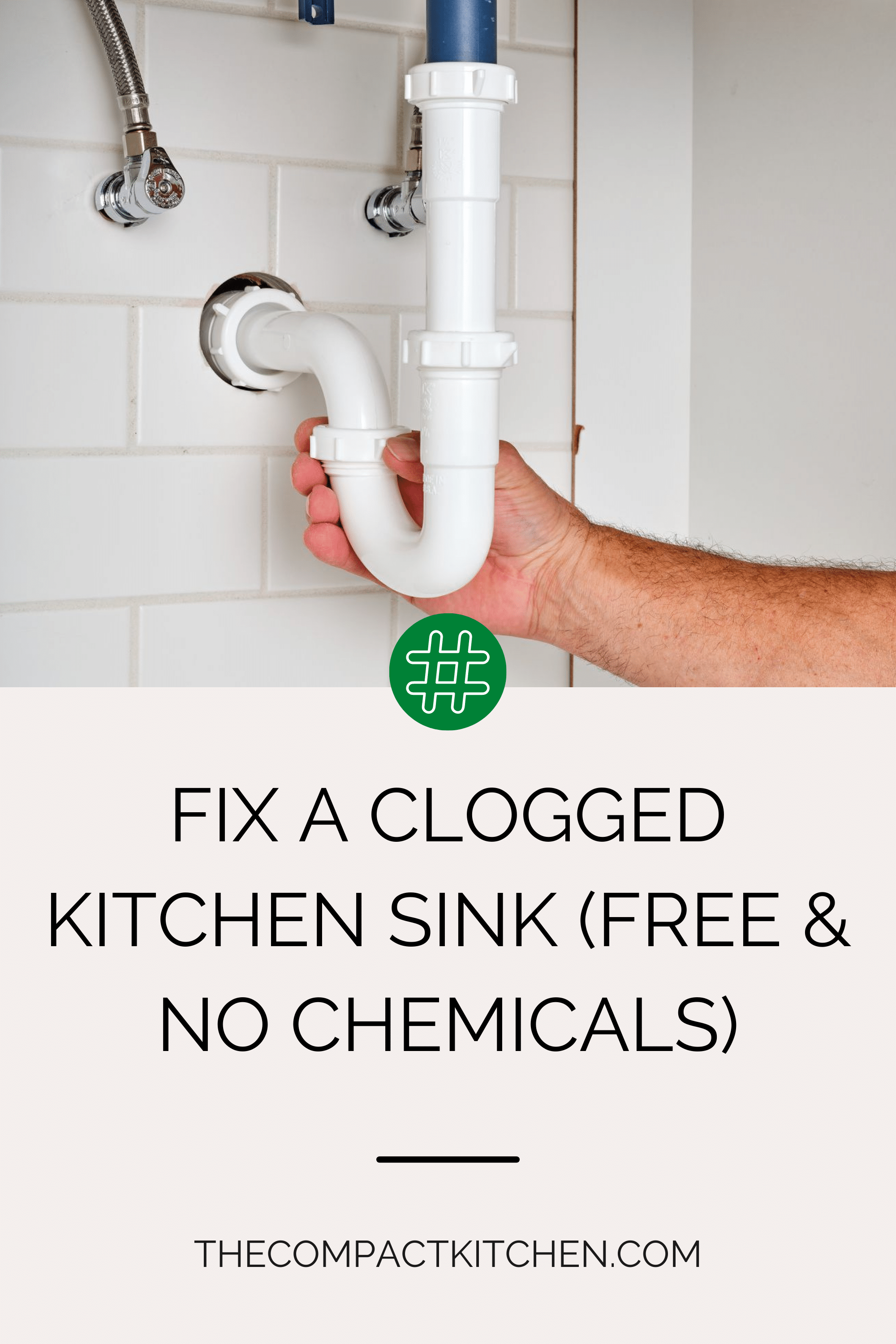





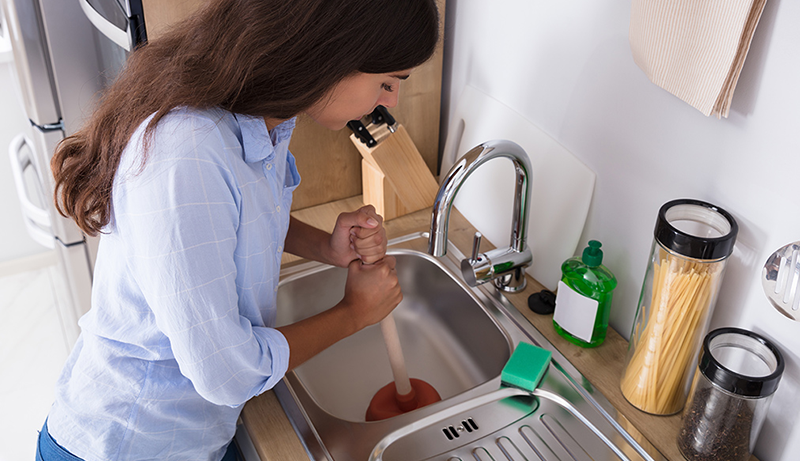

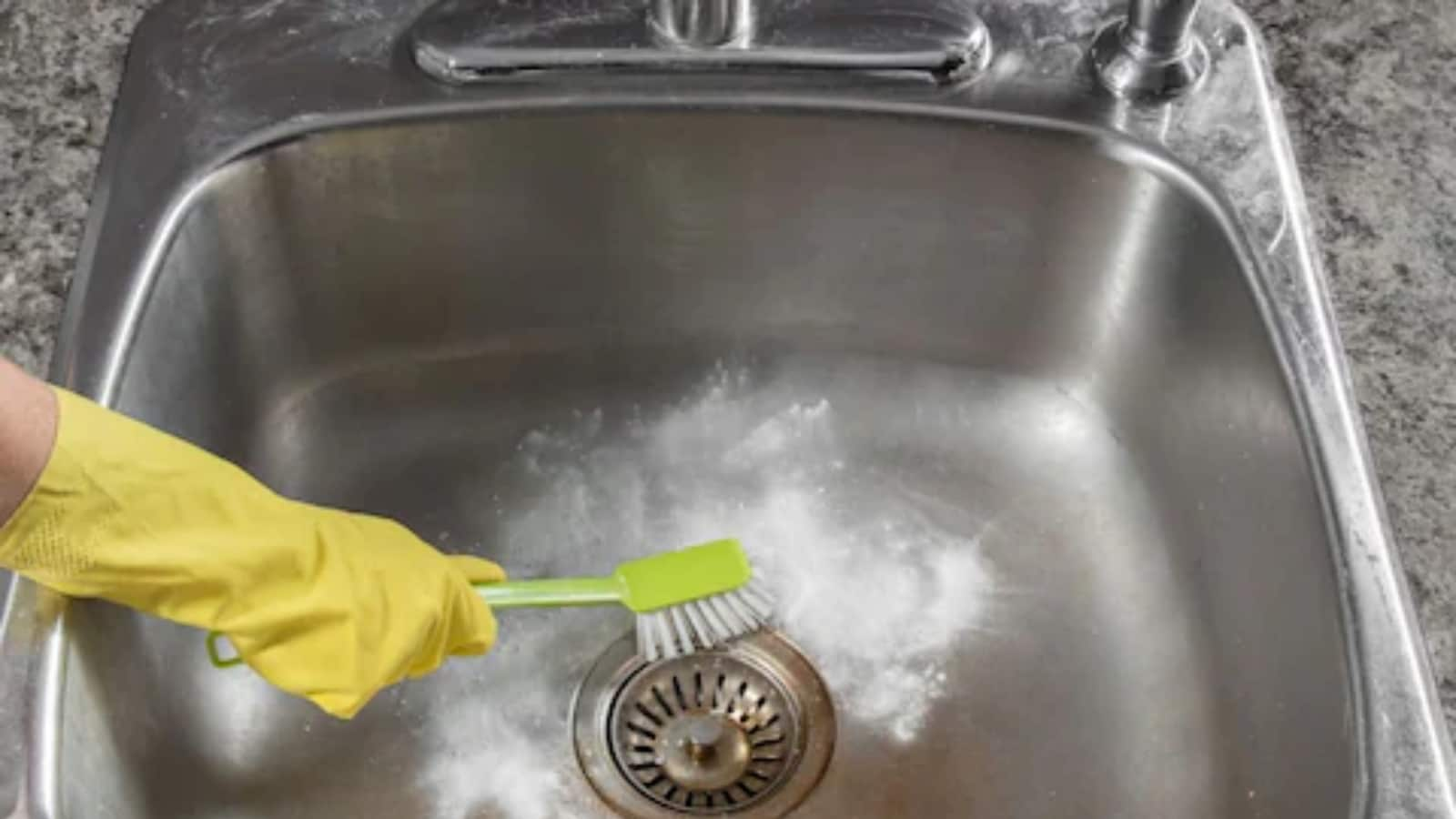






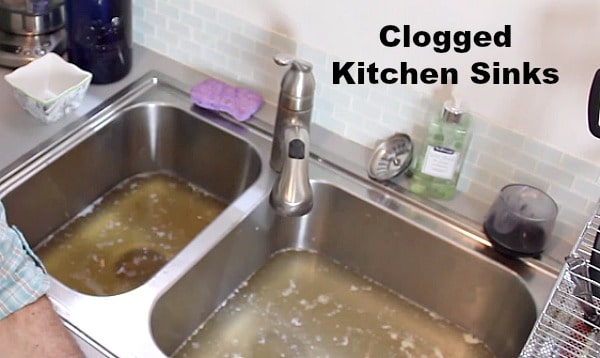

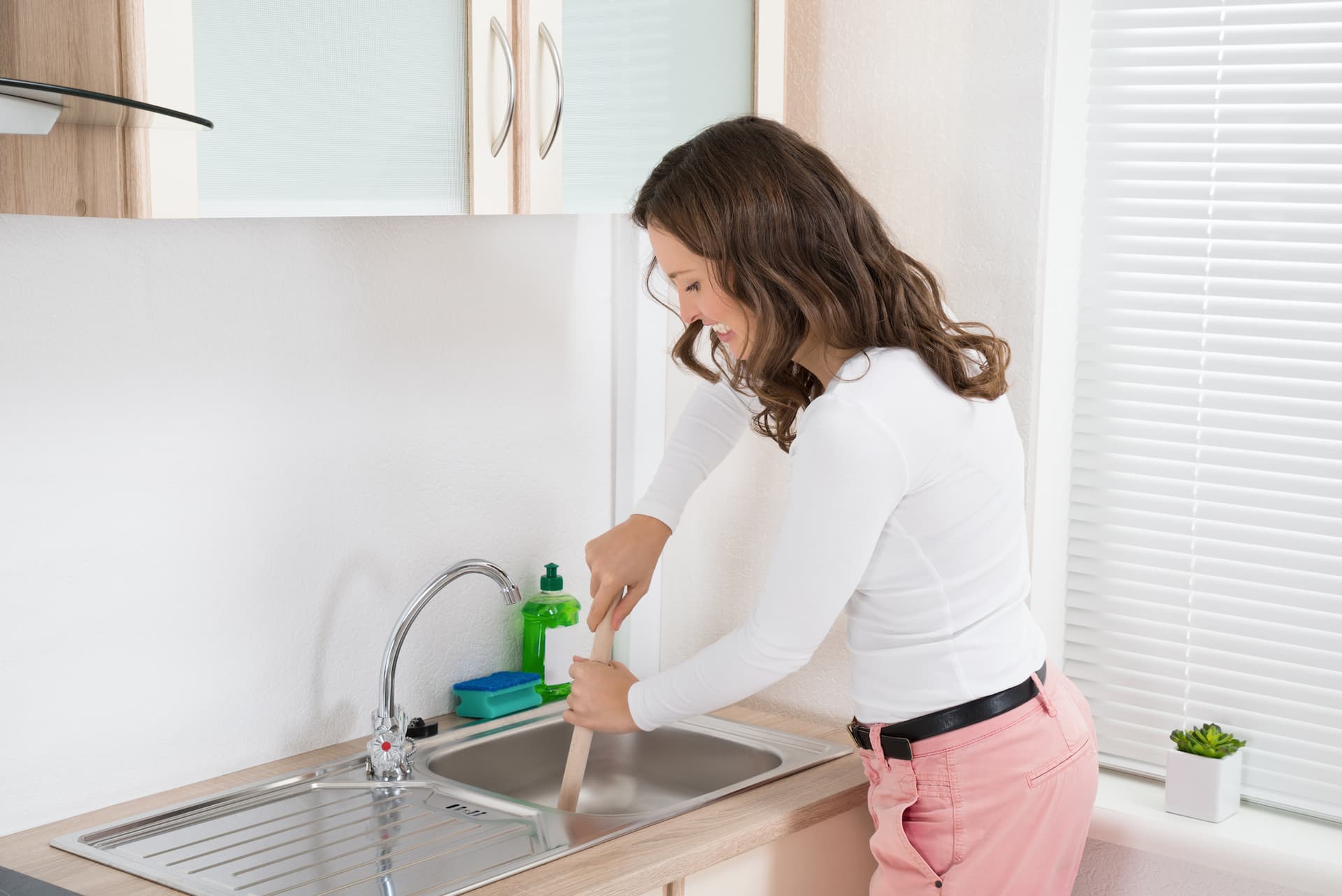







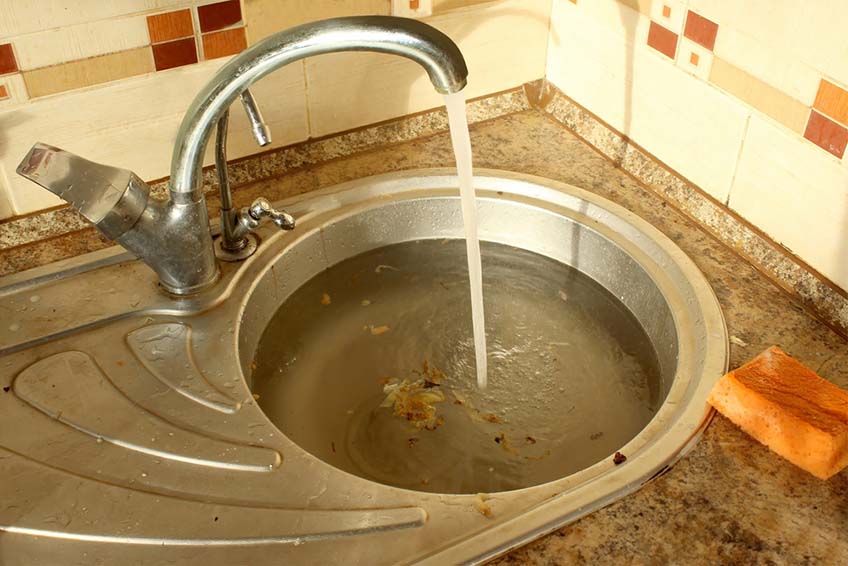
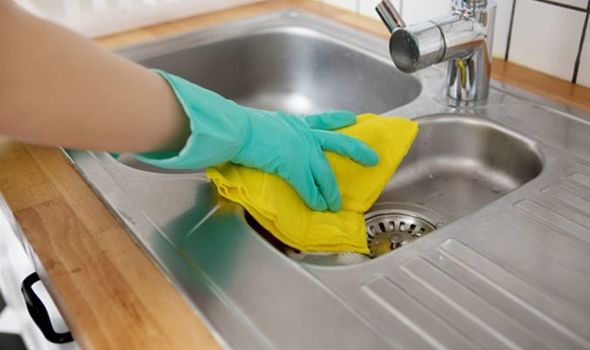
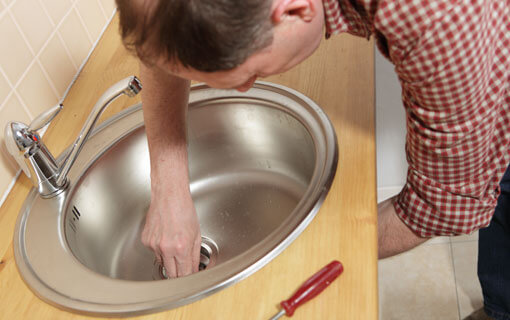




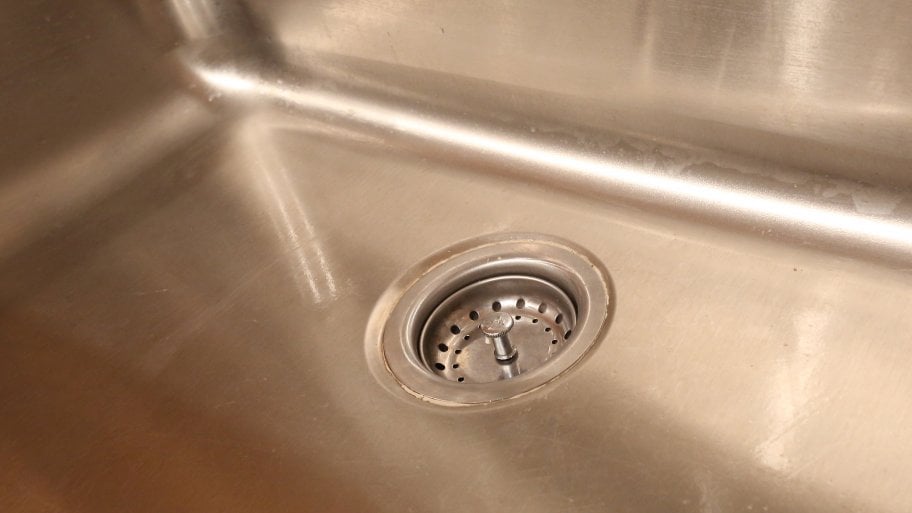




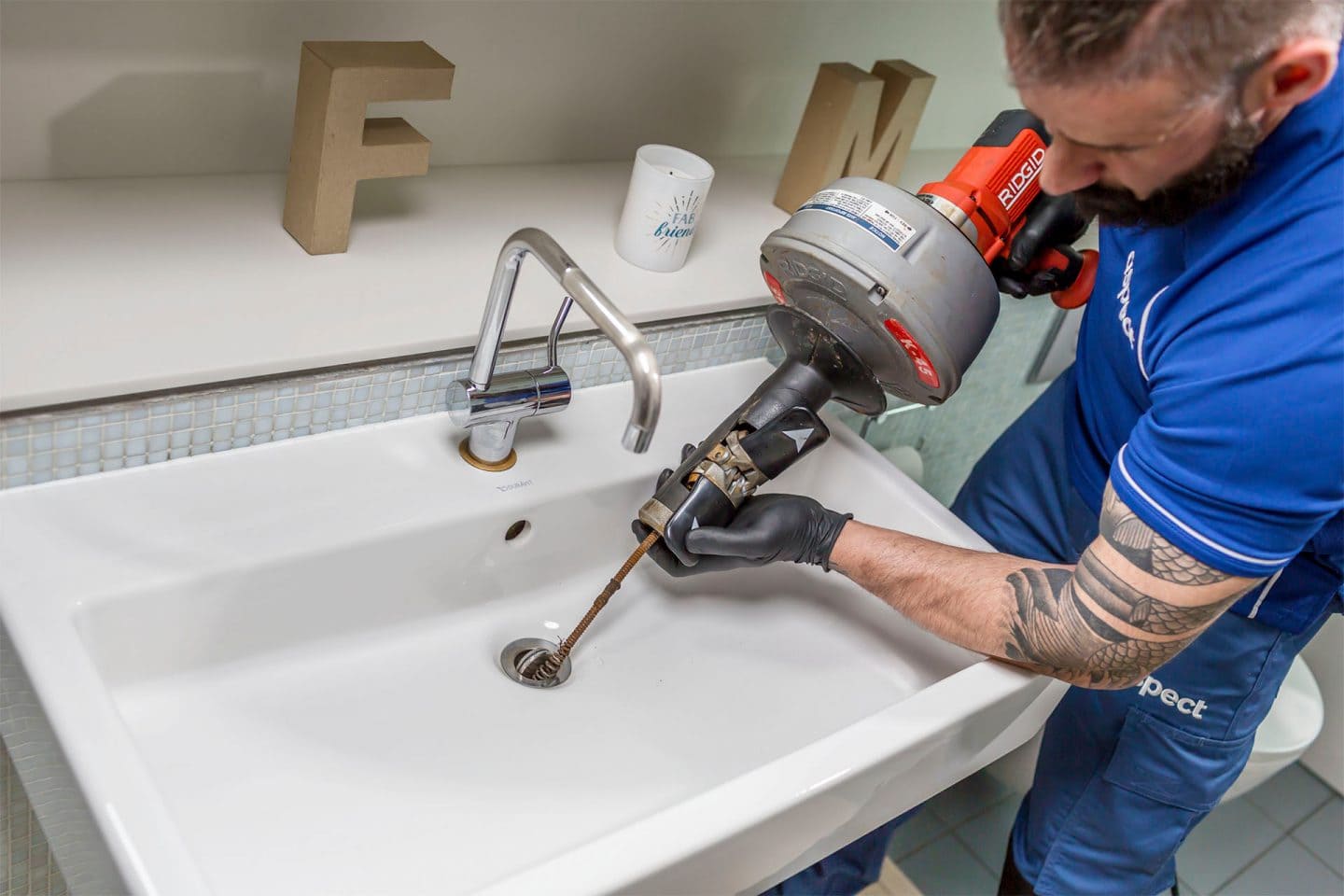



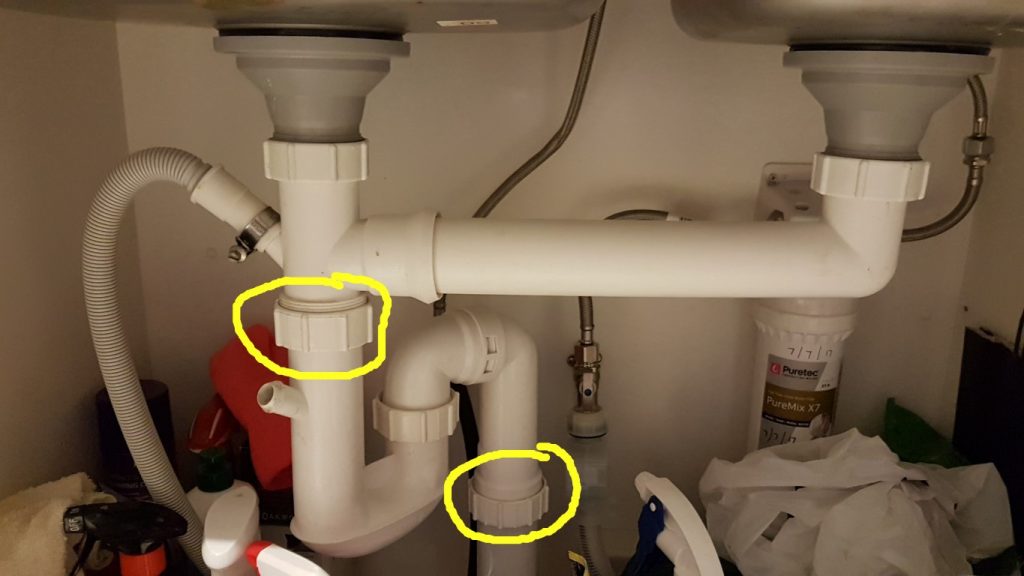
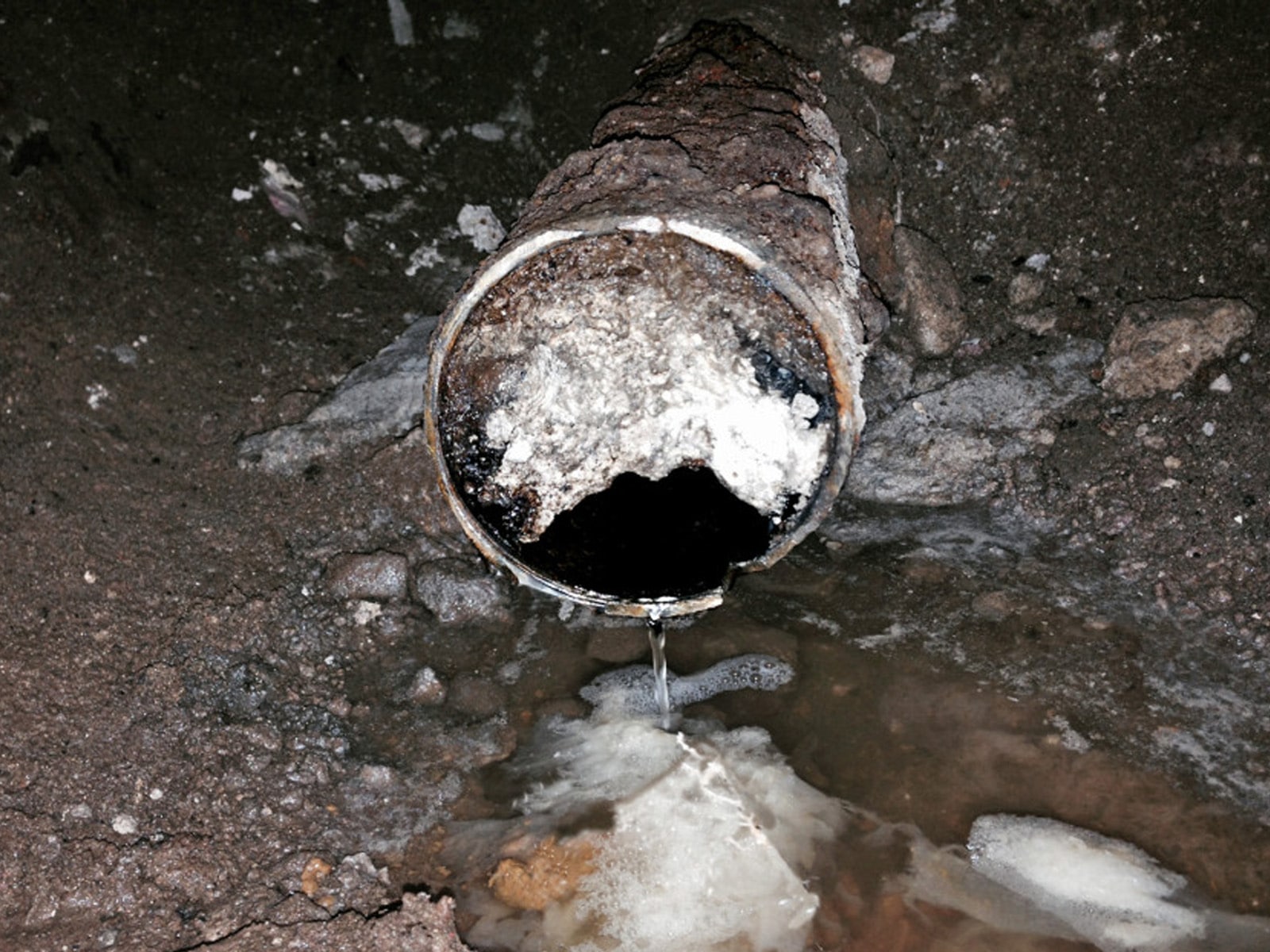
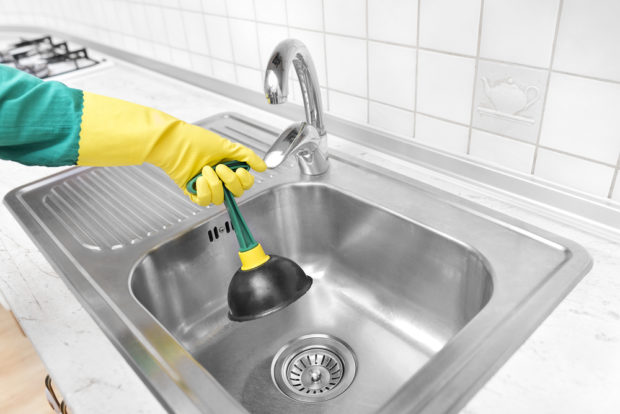
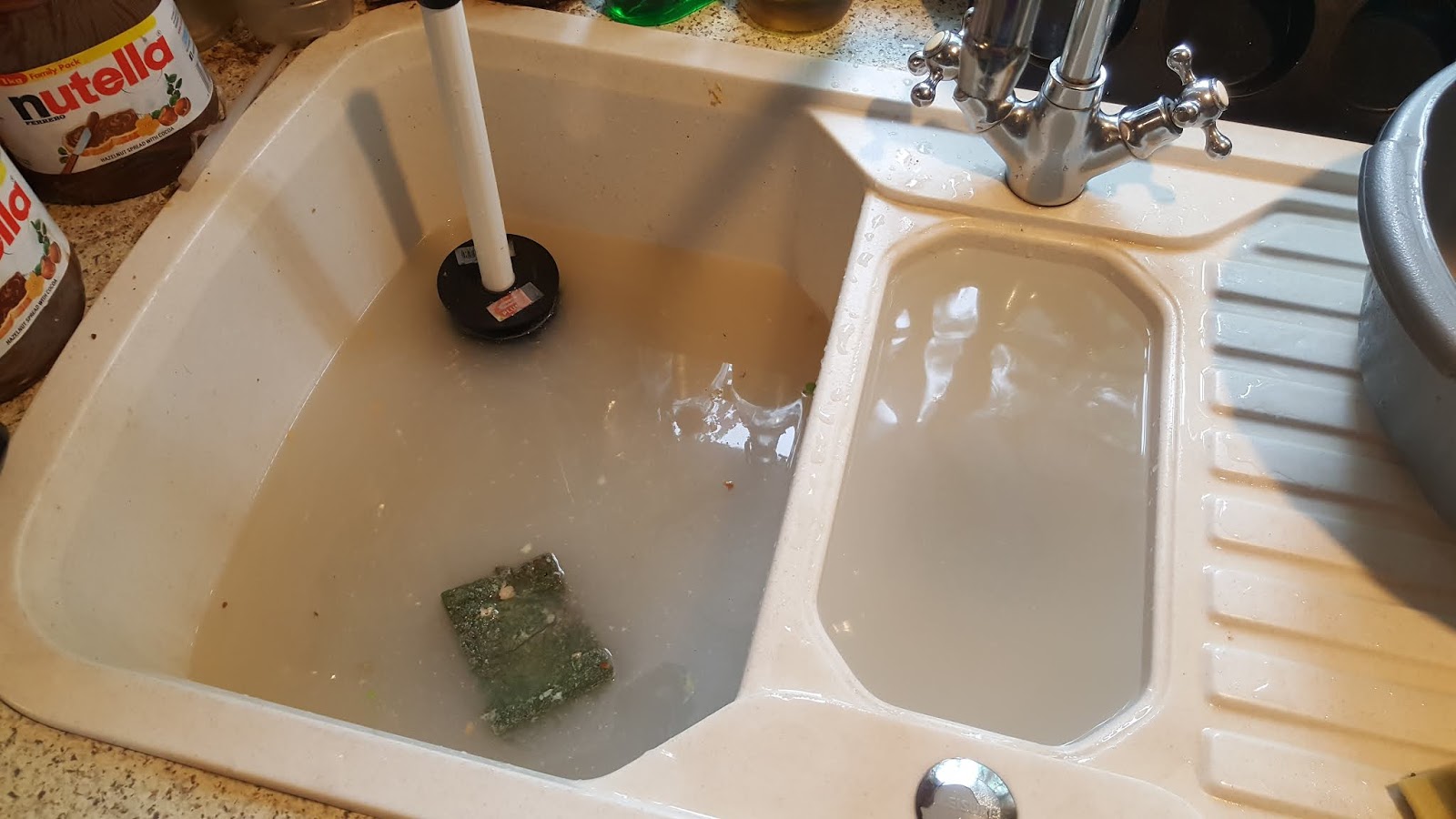


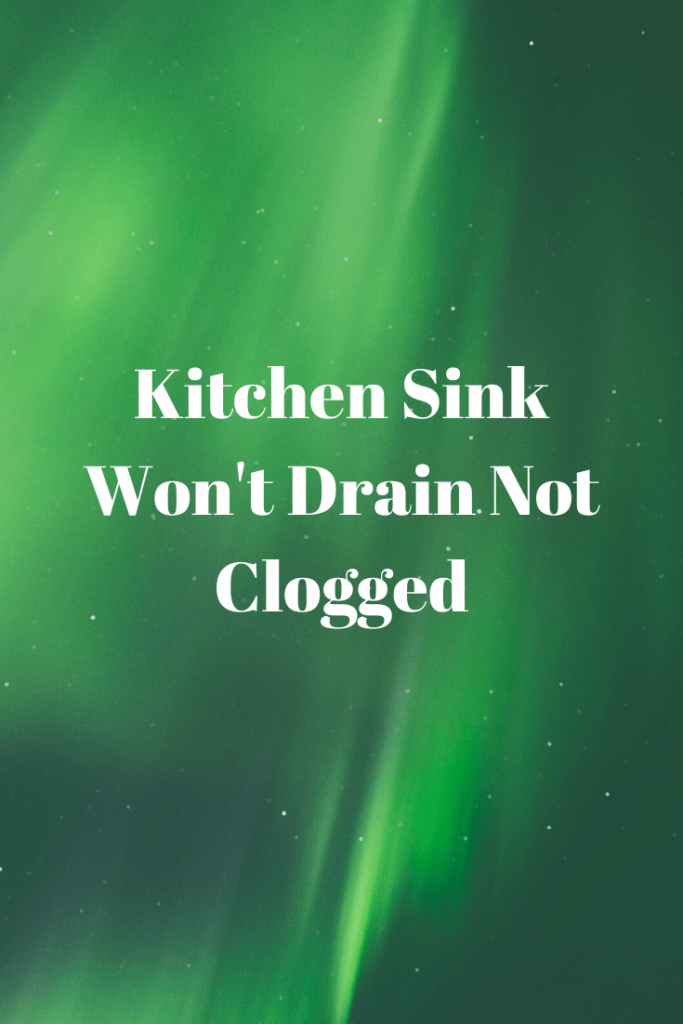
:max_bytes(150000):strip_icc()/how-to-install-a-sink-drain-2718789-hero-24e898006ed94c9593a2a268b57989a3.jpg)

:max_bytes(150000):strip_icc()/Kitchensinkdrain-GettyImages-184337984-5a0c63b447c2660037542e67.jpg)
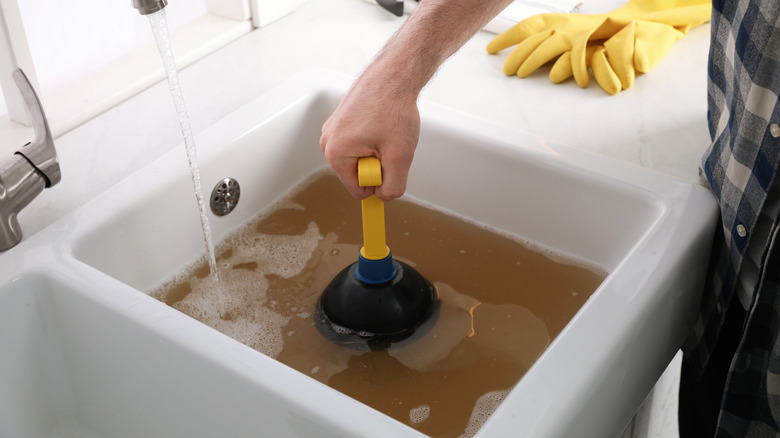

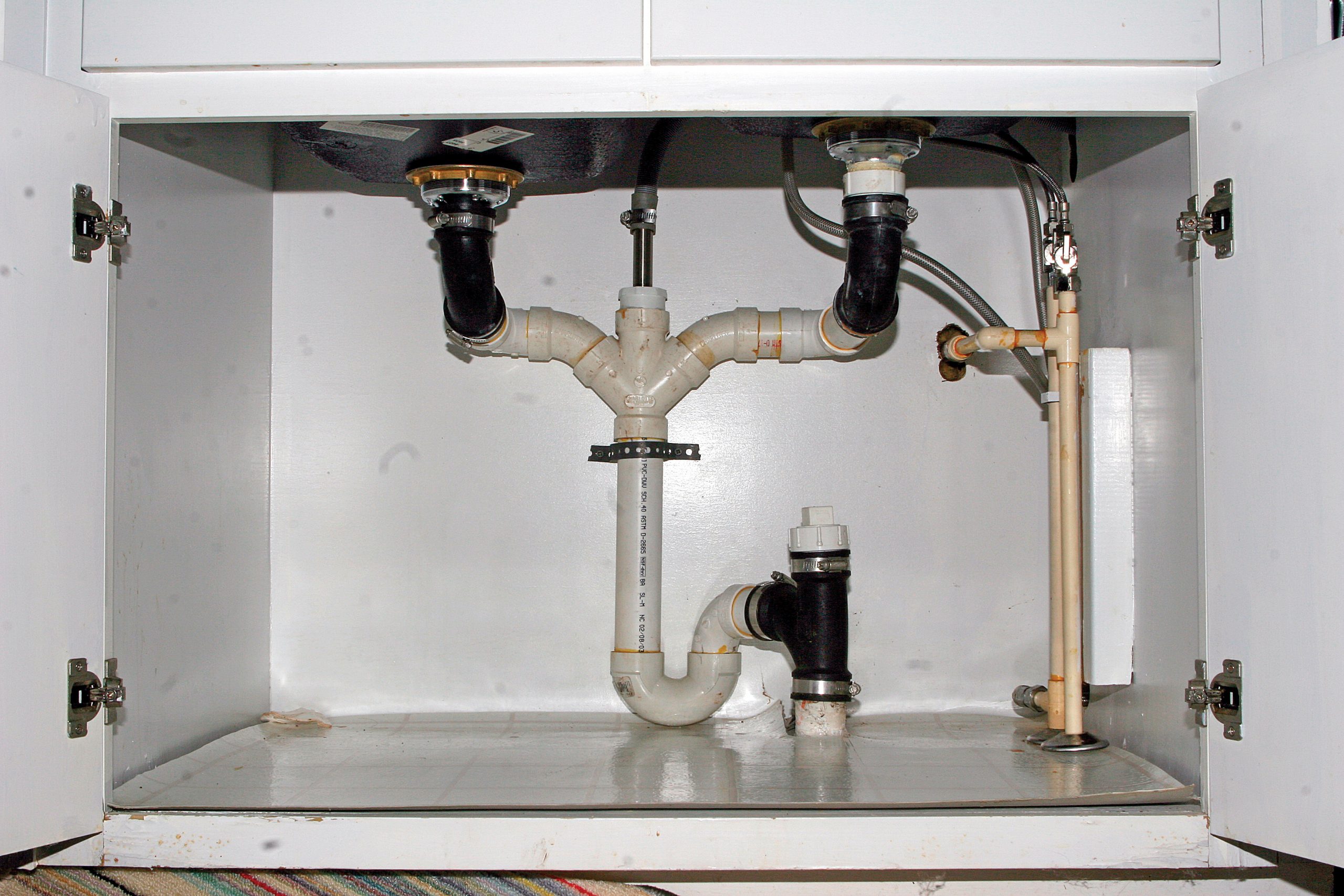

/how-to-install-a-sink-drain-2718789-hero-b5b99f72b5a24bb2ae8364e60539cece.jpg)


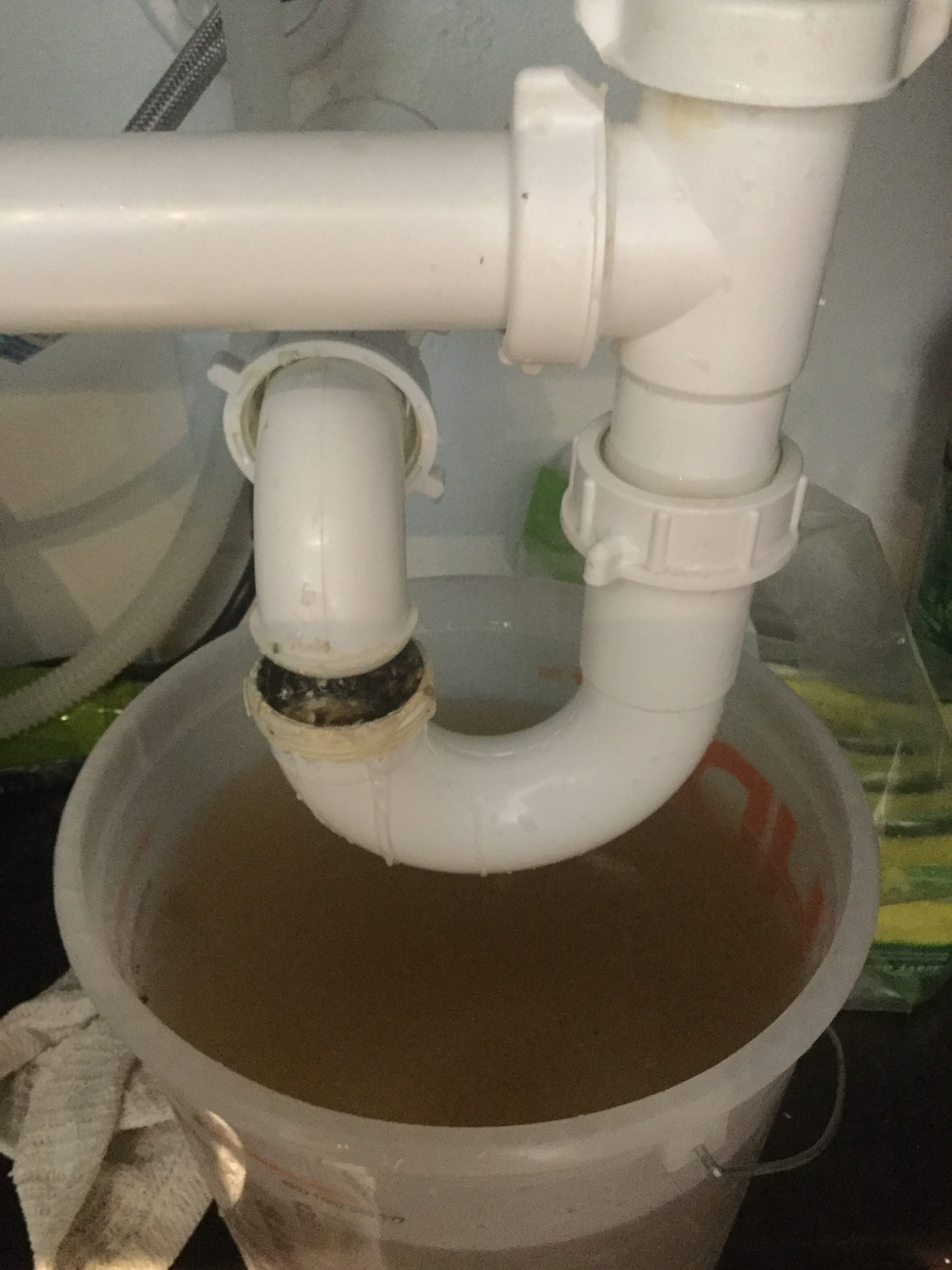

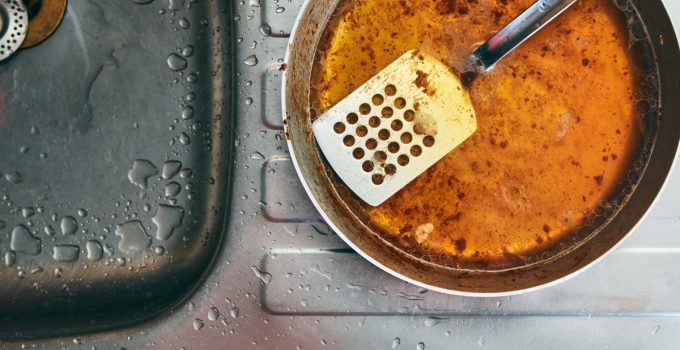
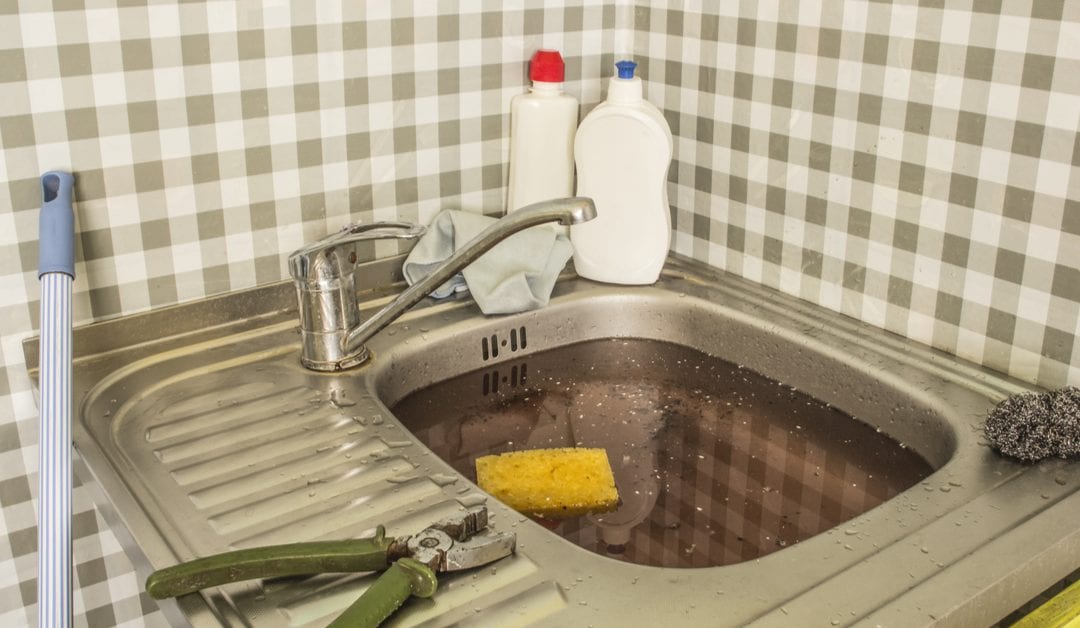

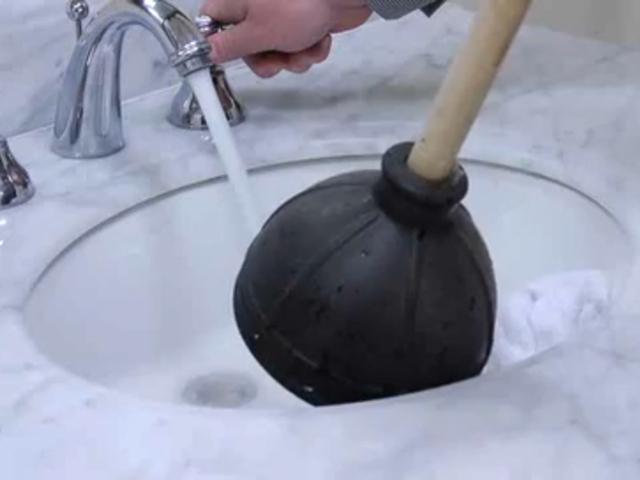
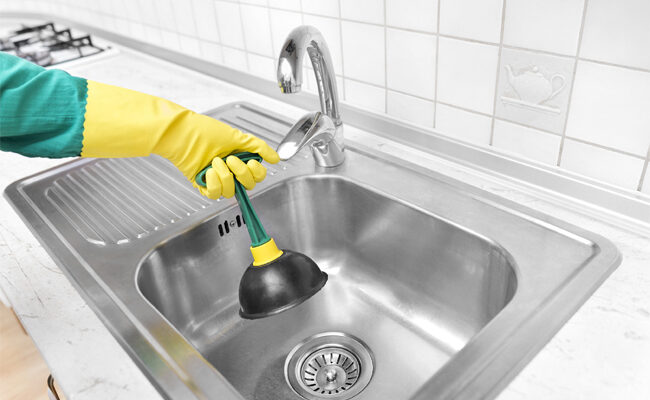






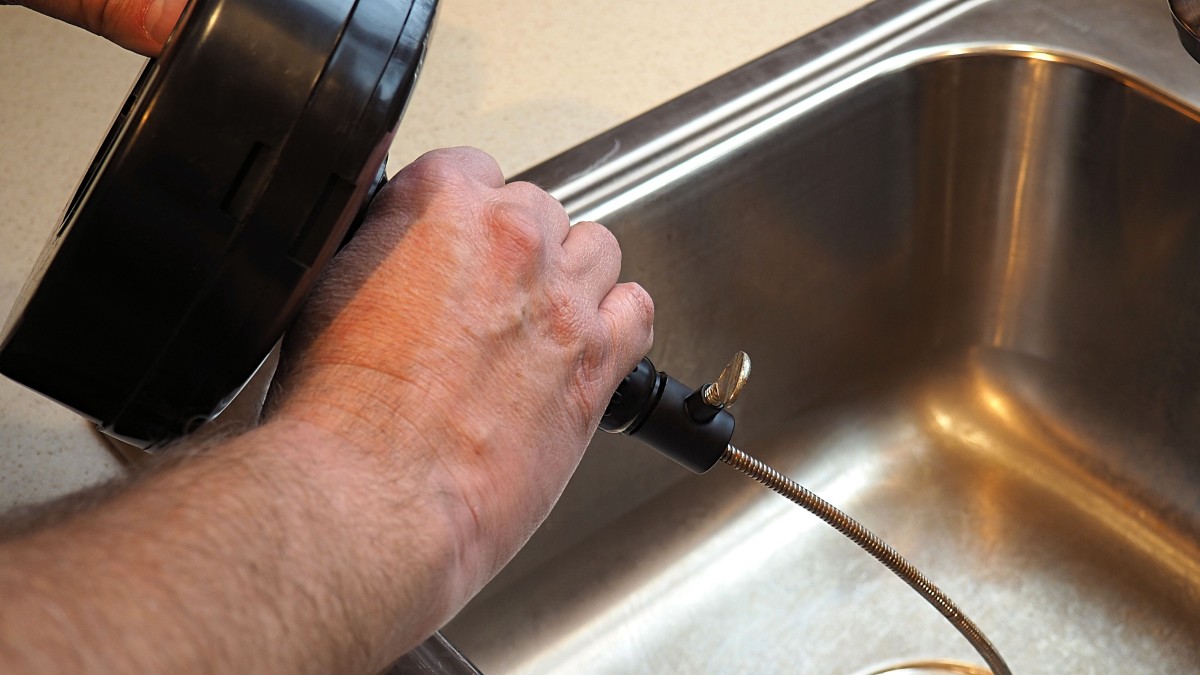

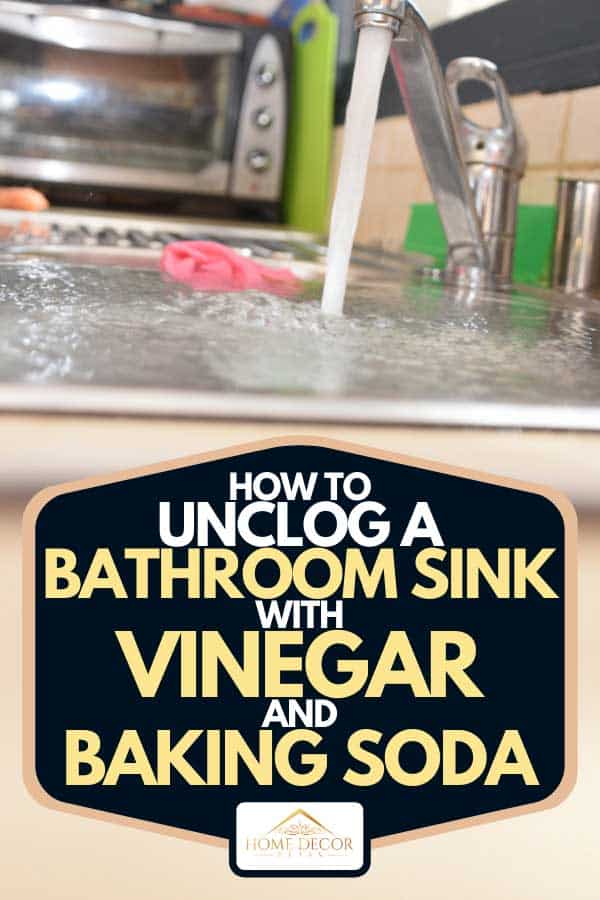

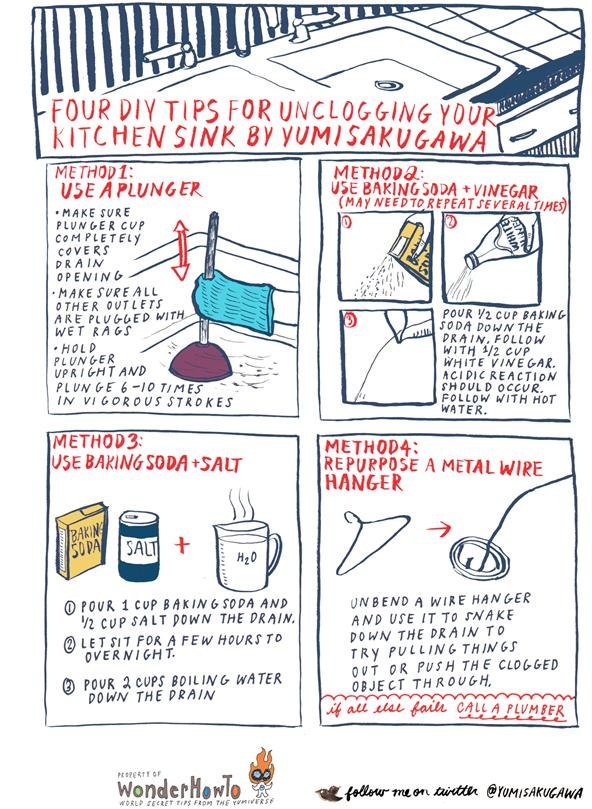

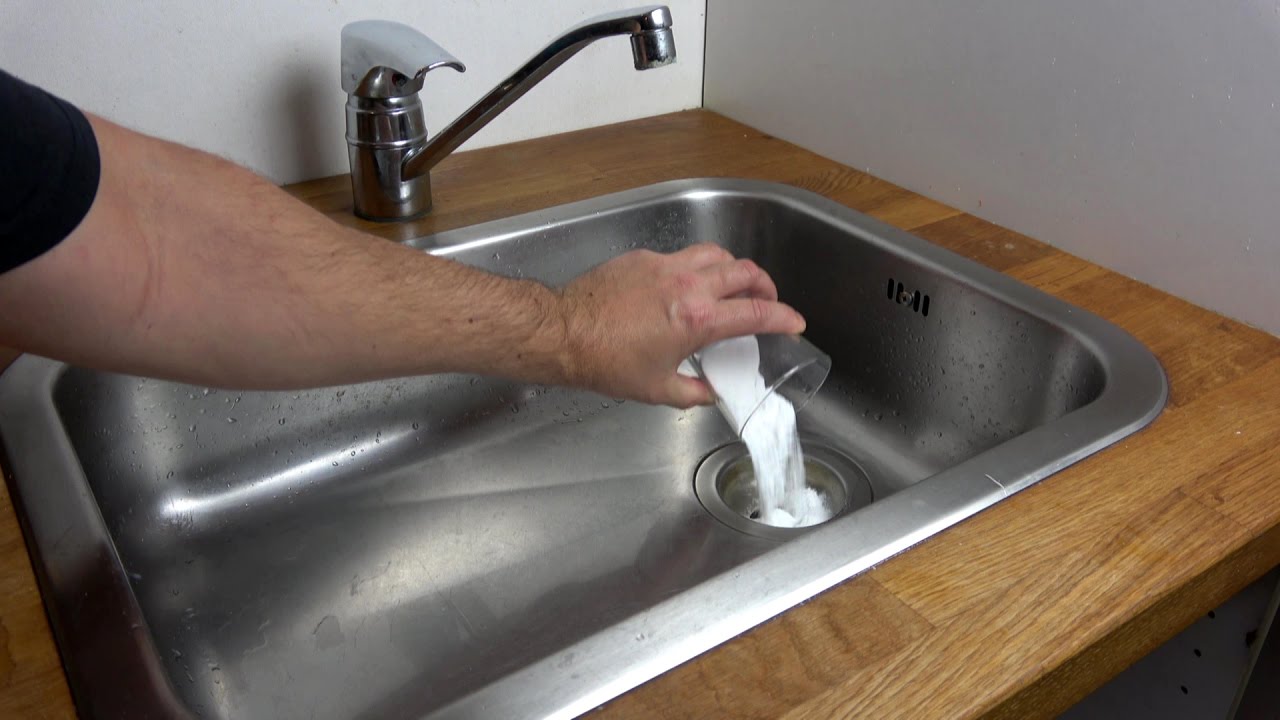




:max_bytes(150000):strip_icc()/freshen-and-unclog-drain-with-baking-soda-1900466-17-20179d73b7a2455797ebc6a5f5bf7479.jpg)
